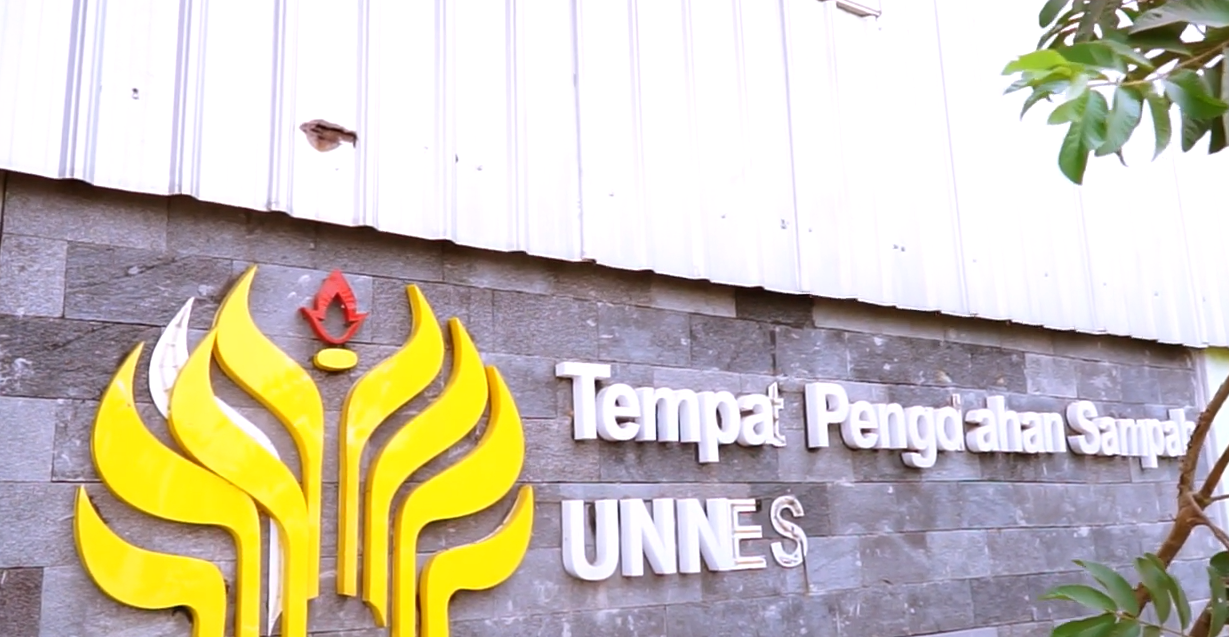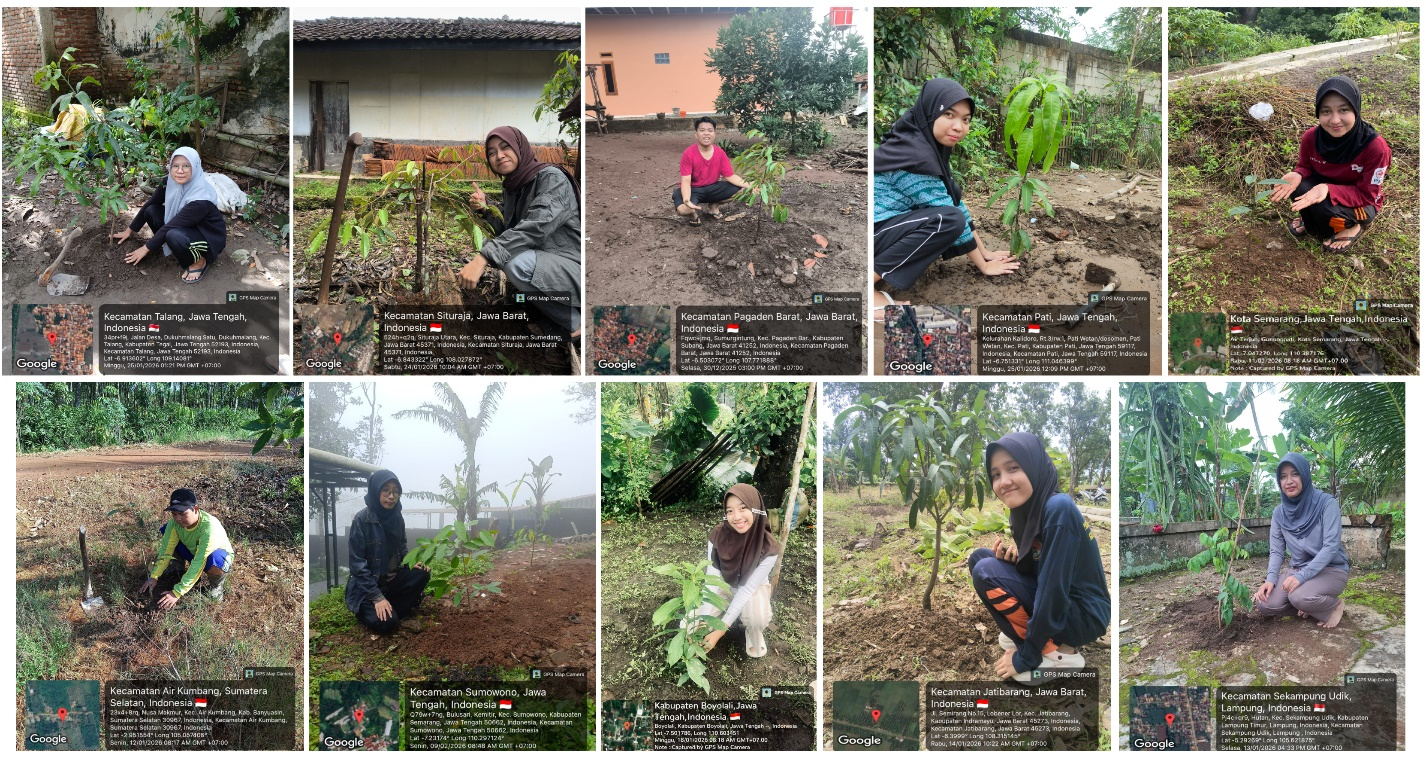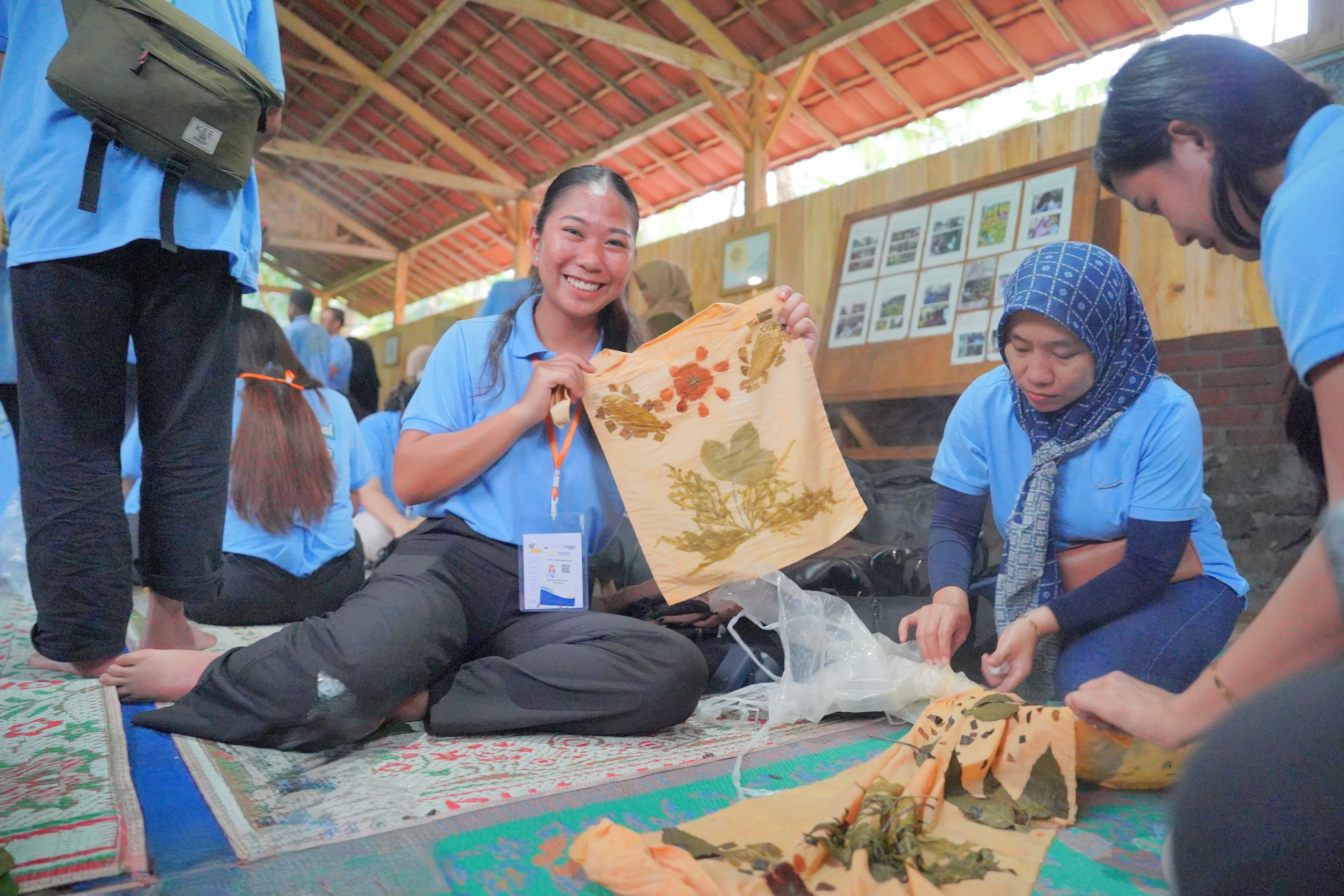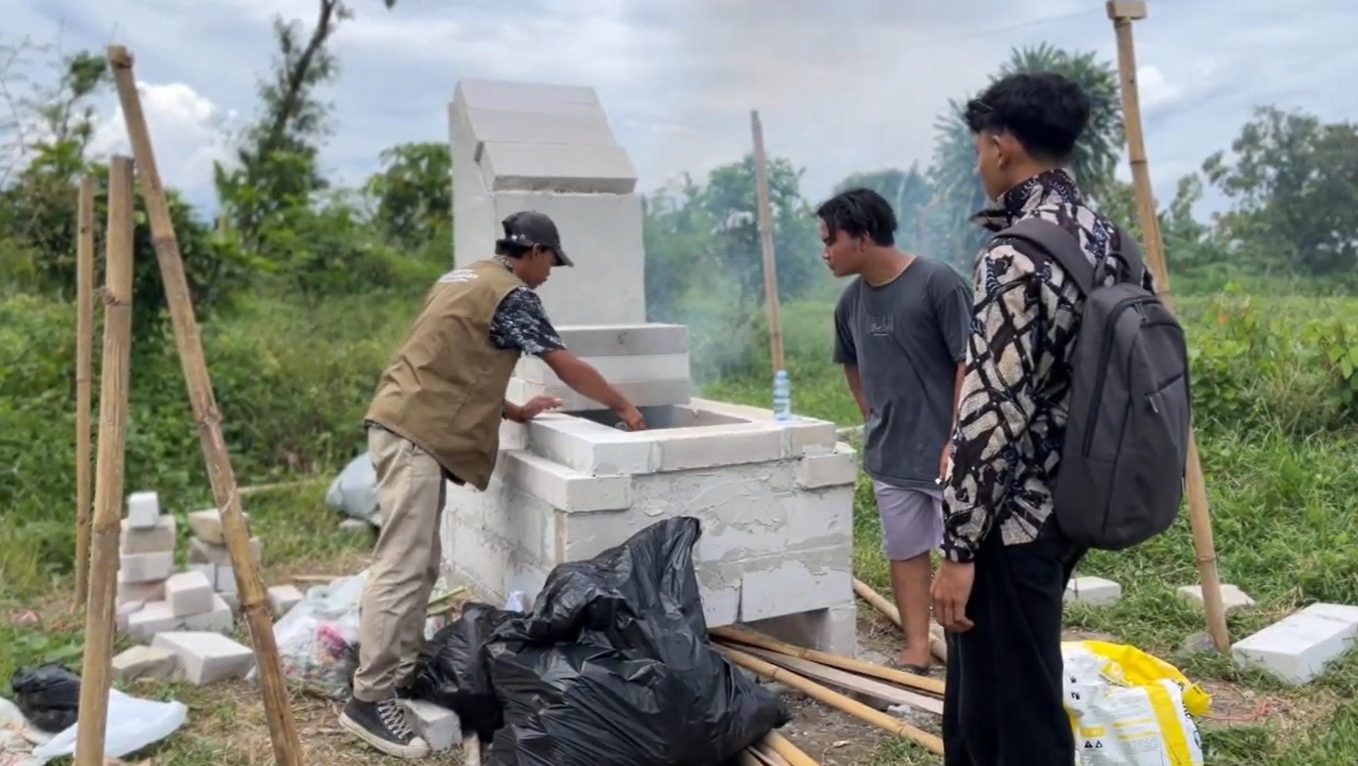As part of its efforts to support environmental sustainability, Universitas Negeri Semarang (UNNES) has taken innovative steps in managing organic waste. With a production capacity of 20 tons per day, UNNES has succeeded in processing organic waste into products with economic value through the Integrated Waste Processing Facility (TPST) managed by the Conservation Subdirectorate, located in Gang Ki Ageng Gribik, Sekaran, Gunungpati.
Every year, UNNES produces around 4,586,576 tons of organic waste, dominated by leaf waste of 4,547.6 tons, followed by food waste of 14,976 tons, and other organic waste such as wood and tree branches (24 tons).
In its management, UNNES applies two main methods, namely downcycling (changing organic waste into new products with lower value and quality) and upcycling (utilizing waste to produce products with higher value).
One example of upcycling that has been done is by processing leaf waste which contributes approximately 12 tons every day into high-quality compost that also supports the greening program at UNNES and its surroundings. In addition to being used for greening, this compost is also sold to provide economic benefits.
For food waste, this waste is processed into feed for maggot cultivation (Black Soldier Fly larvae), which in addition to helping reduce organic waste, maggots also have a high selling value as animal feed. Although currently the supply of food waste is lacking, assistance and support from the community greatly helps the processing of food waste with maggot cultivation.
In addition, waste originating from organic materials such as tree branches and wood is also processed using an incinerator. The use of this tool makes waste management more efficient.
With the innovations that continue to be developed, it is hoped that UNNES will further strengthen its role as a conservation campus and can provide inspiration to participate in maintaining environmental sustainability.




